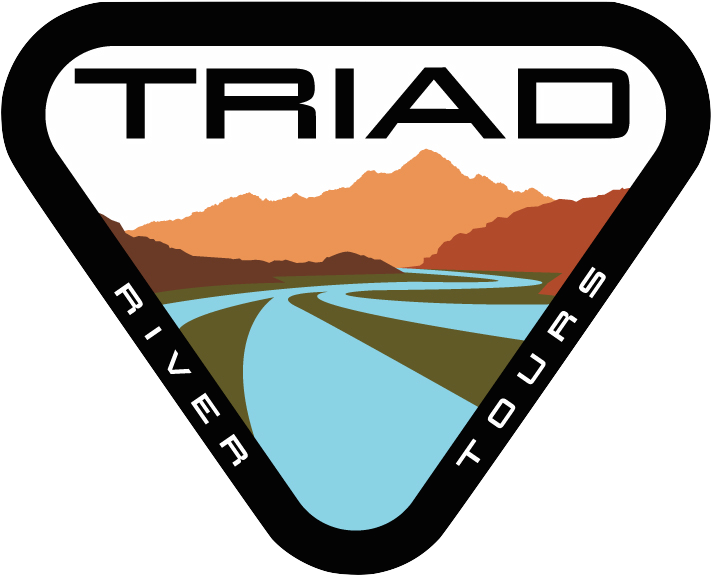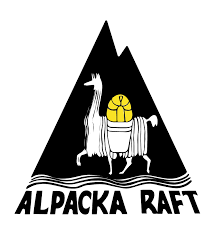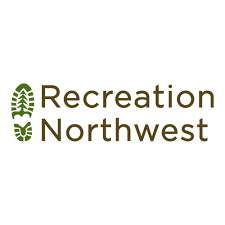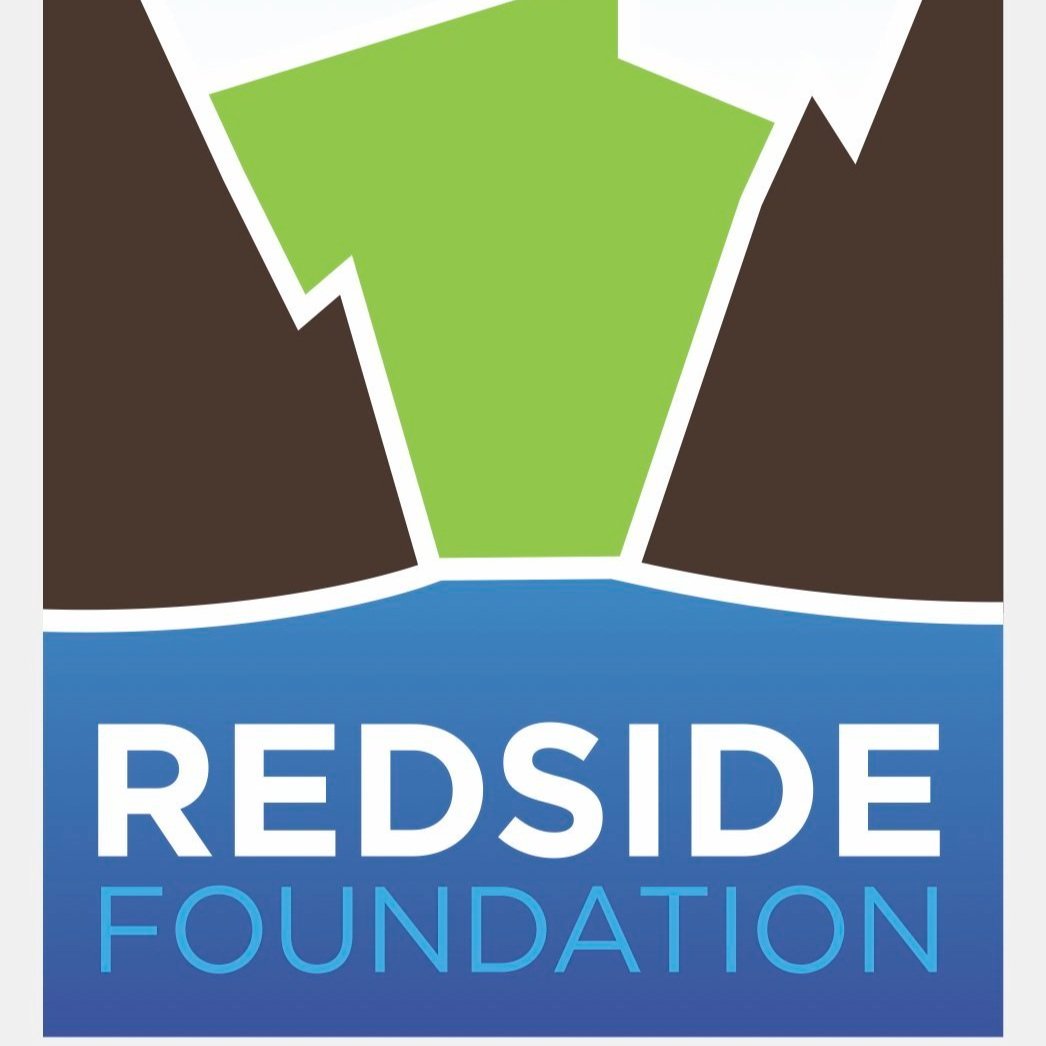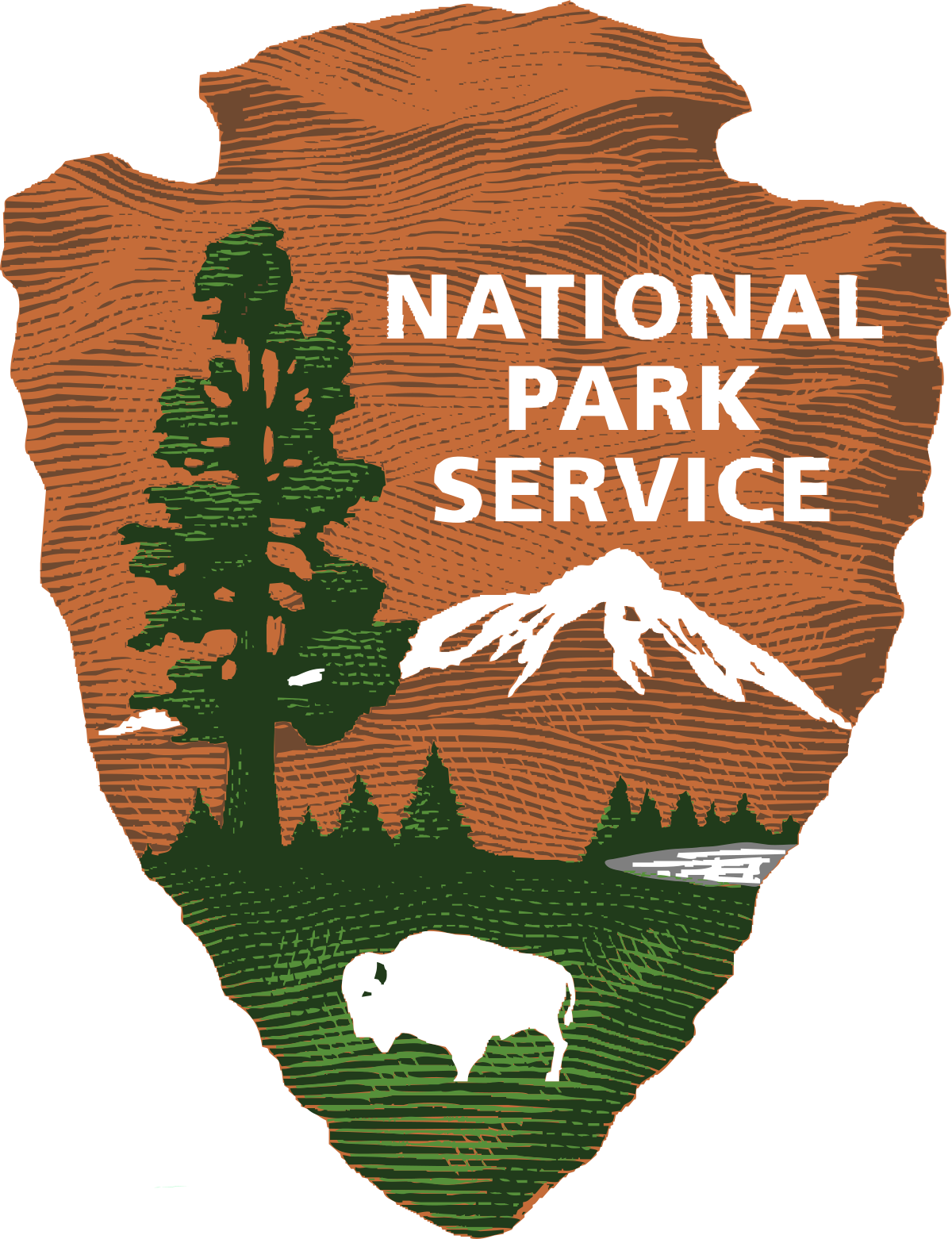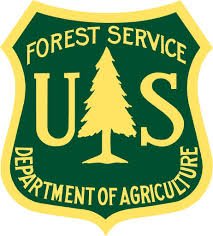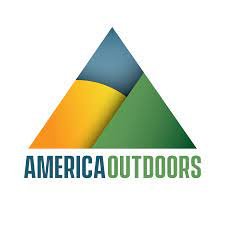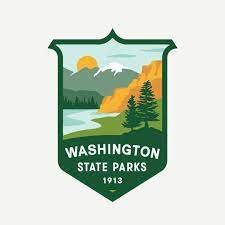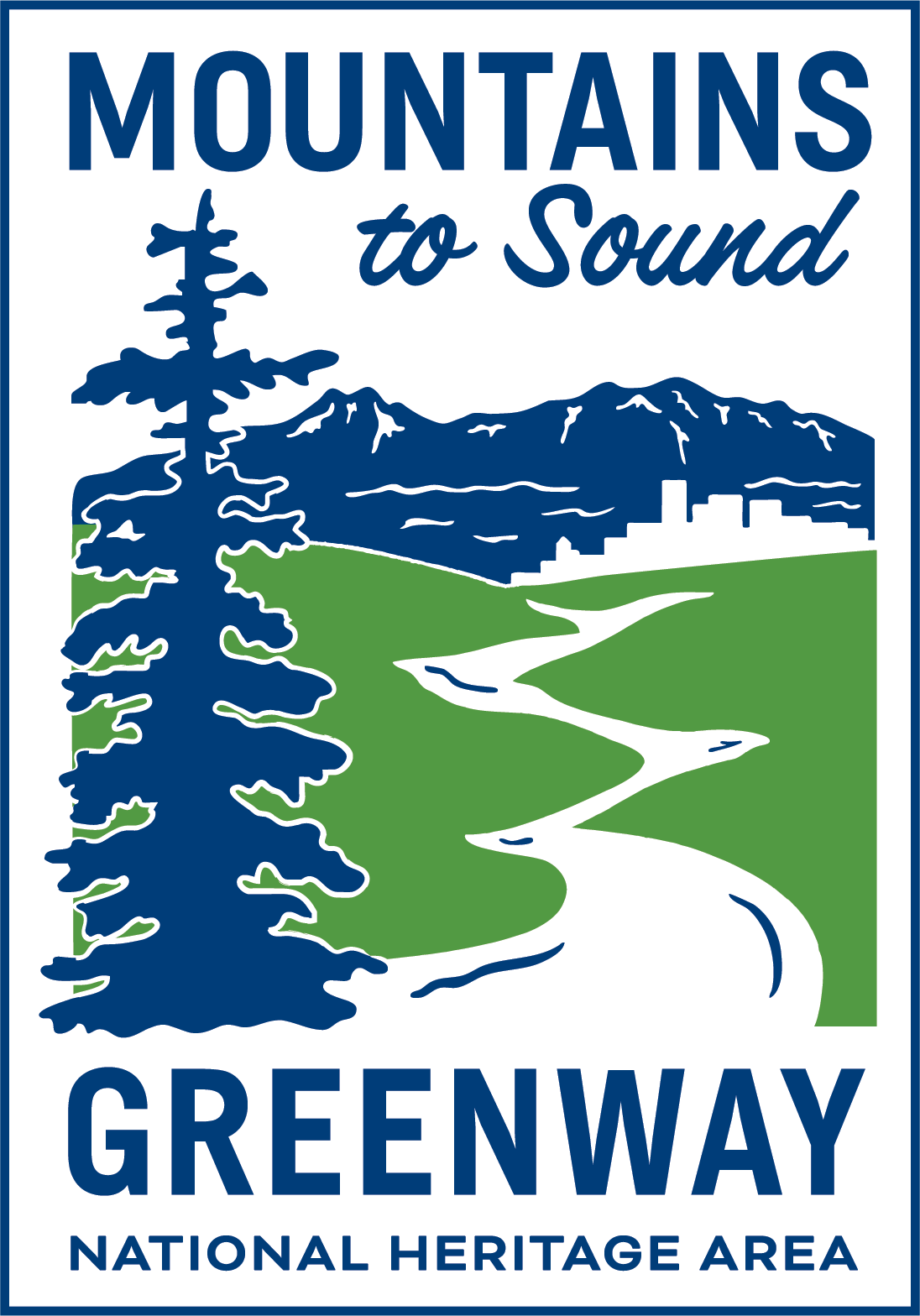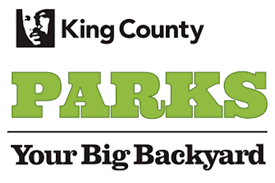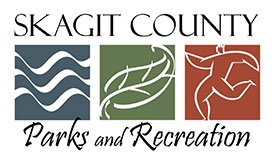This week I have spent quite a bit of time communicating with my safety kayaker as we have been scouting the Upper Sauk River in preparation for the upcoming 2015 rafting season. I am constantly struck by a few things when I spend time around professional kayakers. The first is the tremendous advancement that the industry has been a part of during the past two decades, especially when it comes down to river running. I can remember when I first started guiding professionally. Some of my close friends were very accomplished kayakers. At that time and place, around the late 90s and early 00s in Idaho, the river to be had was the infamous North Fork of the Payette.
Friends of mine would come back from the Payette with broken paddles, gashes on their helmets, and a big smile and a heck of a story. I loved hearing their stories. I never tried my luck with the river, but now that time has progressed the North Fork of the Payette is no longer the incredible and nearly impossible feat it once was. The last time I was on that river I witnessed the North Fork Championships kayaking race. One after another, kayakers were careening down the river going through gates and paddling full speed ahead trying to beat the record time. I watched in amazement as it became clear that times had indeed changed.
After I returned home from my trip to Idaho I was going through some video footage at Triad River Tours with our company safety kayaker, who had several friends in the race. I realized that these people coexisted together in a mutually supporting atmosphere which encouraged them all to pursue more aggressive lines, and to push the sport ever further and test the limits of the abilities of kayaking in general. It's delightful to witness it happen, for me, because they seem to support each other without a lot of ego or nonsense, but rather from a place of deep (no pun intended) appreciation for mother nature. There have been numerous times where I have watched a safety kayaker run a river with one of our commercial whitewater rafting trips, and it becomes apparent to me that the source of their willingness to ride the river the way they do comes from a respect and appreciation for the river itself, for mother nature, and for the lifestyle they lead (note: I may not always agree with the lifestyle that pro kayakers lead!).
River running, for many younger boaters especially, is all about finding your passion, your confidence, and maybe even a personal style to the sport.
Ego is, in my estimation, the number one killer on rivers in this country. I teach yoga near my home in Bellingham, Washington, and that word gets brought up from time to time by yoga students, but honestly I don't see anything in the yoga world that is anywhere close to the giant heaping mountain of hubris that I have seen from river runners. My point is that river running, for many younger boaters especially, is all about finding your passion, your confidence, and maybe even a personal style to the sport. In this search, and in the pursuit of making a claim as a great boater, it seems like a lot of folks just unfortunately miss the mark, they make it all about themselves and not about the river. That's why I appreciate some of the kayakers I meet. Many of them don't exhibit any of the strange arrogance I've seen from the rafting community. Some of them seem to be kayaking simply for the pure joy of doing it. I realize that may seem silly, considering that people are going over 100 foot waterfalls, but I indeed believe that to be some form of respect to the river and although there is some personal glory to be had, and everyone has their own set of values, I think that a lot of the great pro kayakers are doing it simply because they love it... they love being on the water and on the river, and they just want to explore it on their own way.
Let me digress and tell you a story that was very meaningful to me. During my rookie year as a professional whitewater guide, I can remember getting off of a trip and heading to the Seven Devils Saloon, which is a nice bar and grill type of place that sits on a bench above the Salmon River near Riggins, Idaho. At the time this was where all the guides went after their trips to talk about what happened, laugh about the carnage they witnessed or partook in, and it gave everyone a chance to get to know each other. On occasion some of the crews from the Main Salmon river would come into the Seven Devils and grace us with their presence and their stories about what was happening on the upper stretches of the largest roadless area in the lower 48, and the mysterious river that no one could see. Of course, go pro cameras and modern technology have made it so that you can see video of rapids which previously were left to the imagination... but at the time we would be enthralled in the stories of our elder river guides.
In Idaho at that time we were all still reeling from the death of Clancy Reece, a local legend who ran just about every section of river imaginable in an ocean going dory. Clancy was a legend and he set the bar for all river guides, and it was at the bar that we told stories about how we individually paid homage to Clancy, and, at least in our mind, the entire history of river running on the Salmon dating back to Native Americans running sections in wooden canoes (a book about Clancy's life called "Anything Worth Doing" is now for sale on the internet, and I highly recommend it). Even though Clancy was gone there were still a lot of older and very experienced guides that kept us younger ones in check. One that I was particularly fond of and tended to understand was a man who I'll refer to as Double D. So on this day when I sat at the barstool Double D sat next to me, along with another multi-day guide who, as only a gear boater could do after spending two weeks in the backcountry, walked in the door and said "jack me-coke me", and sat down for his celebratory iced beverage; not an easy thing to come by for a guide on Hells Canyon.
I knew both of these men and started asking questions, and in time, as it often does with river guides and motorcycle riders, we discussed the very nature of our sport. We talked about the reason and purpose of our endeavor to be paid very little, work very hard, and love every moment of our lives. The gear boater, lets call him James, started talking about his personal life philosophy, which like many river guides would ultimately lead him approximately nowhere in the professional/business sector. Double D has some insights into why he had traveled to Idaho from out of state to get to where he was. After sharing experiences for an hour or so the conversation switched from talking about our philosophies about whitewater river running, to a phenomena we eventually came to refer to as "hearing the music".
Hearing the Music: Experiencing the "moment" in whitewater
"Hearing the music", in my opinion, is the very essence of river running, it's an aspect of it that exists spontaneously, and cannot be bottled or controlled, it cannot even really be planned or executed predictably. Still, I believe that for the more advanced river runner, this becomes the reason why we continue to spend time on the river. I honestly believe it is the same spirit which led Hemmingway to write about the inspired fisherman in "Old Man and the Sea". I believe that the music is the thing which lobster fisherman in Maine are listening for when they step out onto the front deck of their dories in the early morning dawn while their diesel motors push their bow through the surf. It's something inescapable tied to who we are as humans, and it is, in my view, the essence of the connection that all people share with moving water; it may also be the thing that tends to breed camaraderie with all river guides, kayakers, and whitewater aficionados. I call it the moment. I didn't come up with the word, I copied it, but they say if you can't come up with it yourself you should copy someone else, so there you go.
The experience of "hearing the music" is the reason why we are seeing kayakers lunge from the tops of waterfalls higher and more massive than we have ever seen. It's not personal glory. Sure, there is always an element of pride or showmanship that takes place here, but more than that is the search for the moment. I believe that pursuit drives the best river guides in the industry. I believe it pushes people to experience the river in new and different ways, to take runs that previously were unthought of, to conquer first descents, and to live an extraordinary life that quite honestly will make no sense to 95% of the population. I believe hearing the music is the reason why good river guides are still on the river 10 years after they started, and I believe it is why 15 year old high school kids are running class 5 water after school. In my opinion it is for one thing only, and I think it's beautiful.
As James sat there on his barstool (constructed of local lodgepole pine, of course) he started talking about the most infamous rapid near town, called Ruby Rapids. Ruby was an interesting constriction rapid with giant boulders that created a strange lopsided and crooked wave train that had towering curlers all over it. Most river guides I grew up with had their first bad experience in Ruby; it's the one that taught us all to respect the river.
James explained the many times he had run Ruby, and talked about hearing the music. He explained that some of the waves on the river were so big that you had to take 2 or 3 full oar strokes in the trough of the wave to build up momentum to break over to the other side. Curiously, James seemed to go into some kind of strange trance when he talked about Ruby, his voice got louder and he seemed to be having a very real emotional and visceral reaction to the memories he had there. He detailed his runs through the rapid, both the failures and the successes, and how on one hand you were happier when you made it through, but on the other, the value of the run itself had less to do with making it through successfully, and more to do with the volume and quality of "the music" he could hear, while paddling through the waves.
The music isn't a sound, obviously, it's more like a whisper, really. As if the river can see you, for a moment, while you're in the thick of the most chaotic thing she can dish out. I can see Hollywood movies try and depict the moment. It is the instant, in "The Perfect Storm" where George Clooney looks into the face of the impossible wave, pushing his throttle to the limit while he faces his demise. It's the same thing in action movies where the hero is face to face with its adversary... and while no one on the river is ever trying to chase you down like Tom Cruise in Mission Impossible, you still live for those moments where you are at your pinnacle, where you are responding to and communicating with the river in a living feedback loop that almost creates a loss of distinction between you and the river. You become, quite literally, immersed in the flow of all things, at times, in the troughs of waves.
Although many of the old river guides I grew up around have traded in their wooden dories, open canoes, and rafts for rocking chairs up in the mountains and an old dog that loves to fetch all day long, the appreciation for life and simplicity never seems to change with the people who have spent a lot of time listening to the music. It seems to me that everyone experiences it differently, but in any regard, those who have experienced it long for it once they have heard it for the first time. That's why some of the kayakers I see continue to pursue new runs down rivers previously thought unnavigable. I think that the pursuit of the music is an endless one. I think it puts people in danger, but I also think it helps set people free, and it reminds them of why they are alive.
Read more:
